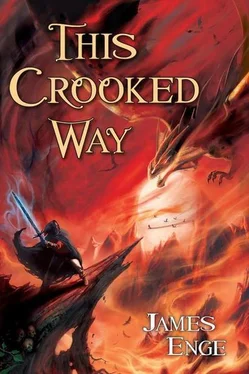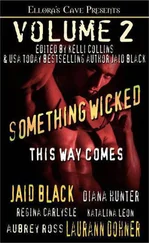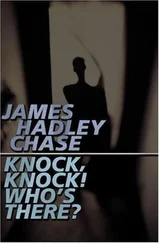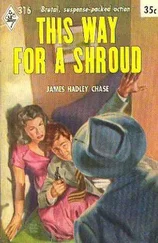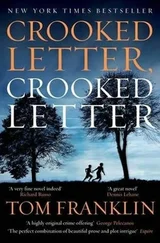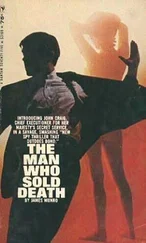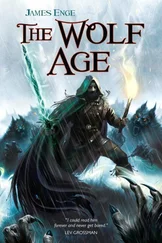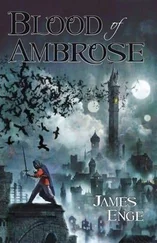"Why not the other way around?"
"The litigators are the ones who run this town. The syndics and bureaucrats just think they do …"
I grabbed a bag of money off the counter and walked out the door. It was a little brusque, but I wanted to get out of hearing range before I started snuffling. In fact, I made it almost all the way to the Aresion Bridge over the River Nar when suddenly for some reason I remembered how Stador had looked in the green-and-gold shirt he had worn to his first Castleday when he was six years old. It wasn't like I was trying to remember it; the image forced its way into my mind. It was followed by a wave of others and I had to stand there in the middle of the street, clutching my bag of coins and weeping, until the tide of memories receded and I could think about something else again. That's how grief works for me. It's always there, but you can almost forget about it for a while; you think you might be over it. Then it drags you down and drowns you in itself.
What can I say? I don't know if you have kids. If you do, I suggest you die before they do. It'll save you a lot of trouble.
Eventually, I made it to the bridge. The Narkundenside guards gave me kind of a funny look; maybe they'd been watching me weep. But they didn't say anything about it: they just asked to see my proof-of-residence. By the time I'd crossed the bridge to Aflraunside, my eyes were dry (if somewhat sore) and the guards there didn't even glance at my card; they just wanted their bridge toll.
Aflraun is a lot livelier than Narkunden. If you want a banker, a bookkeeper, an academic, you go to Narkunden. If you want to buy or sell something, if you want to fight with somebody, if you want to become famous (or at least notorious), you go to Aflraun.
For one thing, the towns are run very differently. Narkunden has a democratic charter where the syndics go to the people for reelection every year, and any important law has to be passed by a citizen assembly, and all citizens get the same vote. Aflraun, on the other hand, is a democratic timocracy. All citizens get a vote, but your vote counts more depending on how important you are. You can acquire importance (the technical term is "gradient") through money, or other achievements, but one of the most common ways to achieve it is through dueling, as the victor in a duel automatically inherits the timocratic gradient of the person he kills.
Noncitizens aren't exempt from the constant duelling, but noncombatants are: duellists actually lose gradient if they are seen challenging or provoking someone not carrying unconcealed weapons.
More people prefer to live in Narkunden: it's safe, quiet, law abiding. But they swarm over the bridges to spend money and time in Aflraun. Commercial magic is not illegal there; neither is prostitution (another way to gain gradient, but apparently only if you do it right) nor public brawling nor most other things.
Then there is Whisper Street. I find it hard to explain Whisper Street; you'll have to bear with me for a moment. It is a place where, for a fee, you can become invisible and say anything you want. Physical contact is forbidden (not that it doesn't happen sometimes), but no speech of any sort is regulated. You can be anyone or anything that you want, as long as you can convince someone else of it. Apparently it is the city's great moneymaker, greater than people coming to watch the duels or engage in the gray-market activities banned in Narkunden and elsewhere. Whisper Street gets a little longer every year, to accommodate all the people who want to participate. Morlock said to me once that someday the whole city will be inside Whisper Street, and I'm not sure he was joking.
I'm not a fan of Whisper Street. If you'd ever been a widowed mother in Four Castles, you would have had your fill of being invisible. That's one thing. Then, after that, I was a Bargainer, kidnapping people on the Road, robbing them and carrying them away to the God in the Ground. I did it because I had to do it to save my daughter. I'll tell you the whole story sometime if you're in the mood to listen. But the point was that I was always doing things I hated. "This isn't me," I had to keep saying. "This isn't me."
But you are what you do. It was me, doing all those terrible things. I escaped when I could. But while I was there, that's what I did and that's what I was. What was I, now that I had escaped? I still wasn't sure. But, in any case, I didn't want to take my face off and pretend to be somebody else. I wasn't that sure I could ever find myself again. Maybe this doesn't make any sense: it was how I felt.
The point is, I had to cross Whisper Street to get to the main market of Aflraun, but I didn't want to participate. You have to pay to become invisible on Whisper Street, but you pay a little more to not become invisible: they give you a little wreath to wear that exempts you from the spell. I paid my fee, got my wreath, and started to make my way across the broad empty avenue, jostled by whispering people who didn't seem to be there.
It can be pretty icky, and it was that time. I passed by a group of people who were discussing in low tones their sexual practices involving overripe fruit. A couple others were shrieking at each other a set of accusations involving serial murder, treason, and genocide. The argument seemed to have started over a difference of opinion about some athlete or politician, but even that wasn't clear.
I was about halfway across when a voice spoke insinuatingly in my ear, "Why do you travel with the man who killed your son?"
I didn't think the comment was addressed to me. Crossing Whisper Street you're apt to hear almost anything, and you'll go crazy if you try to take even half of it half seriously. Still, the voice had struck a particularly raw nerve. "Drop dead," I muttered, and would have passed on.
"It's Stador who's dead, and Morlock who killed him," the voice said, keeping up with me.
I stopped in my tracks and snatched at the direction the voice had come from. Of course he (I was sure it was a he) avoided me easily. "Who are you, you coward?" I snarled.
"I'll wait for you in the portico by the Badonhill Hostel," said the voice. "Ask for Aurelius: that's who I am."
"I've got more important business than interviewing liars-"
"Then do it. I said I'll wait for you. Good-bye, Naeli the Cat."
That really frightened me. Naeli does mean "the cat" in the homespeech my mother and father used to speak. I never learned much of it: they wanted me to speak Coranian and Castellan (the language they call Ontilian in the Empire of Ontil). In the north a few people knew Coranian, and many spoke dialects of Castellan/Ontilian. But I had never met anyone outside of Four Castles who knew the homespeech of my parents. It gave me this weird feeling that the speaker knew more about me than I knew myself. I didn't like it, so I shouted at him for a while, but he didn't speak again.
I bought the food, and I sent it back to the crooked house in Narkunden by way of a chartered porter. When my hands were free I asked my way to the Badonhill Hostel. It was northward, not too far from the Camlann Bridge, more than two miles downriver. With all the walking I had already done, it didn't sound appealing. But by then I already knew I was going to go confront Aurelius, so I went.
The Badonhill Hostel looked like the oldest building in the city, but it was in extremely good repair. It towered over a small market area, but there wasn't much business going on that day. In the portico outside the hostel there were tables, and at one of them a man was sitting who looked even older than the building, if possible, but also in extremely good repair. He wore a white cloak over blue clothes; he was reading a book sewn into a blue binding with a white star on the cover. He looked up as I approached: dark blue eyes under white bristling eyebrows.
Читать дальше
